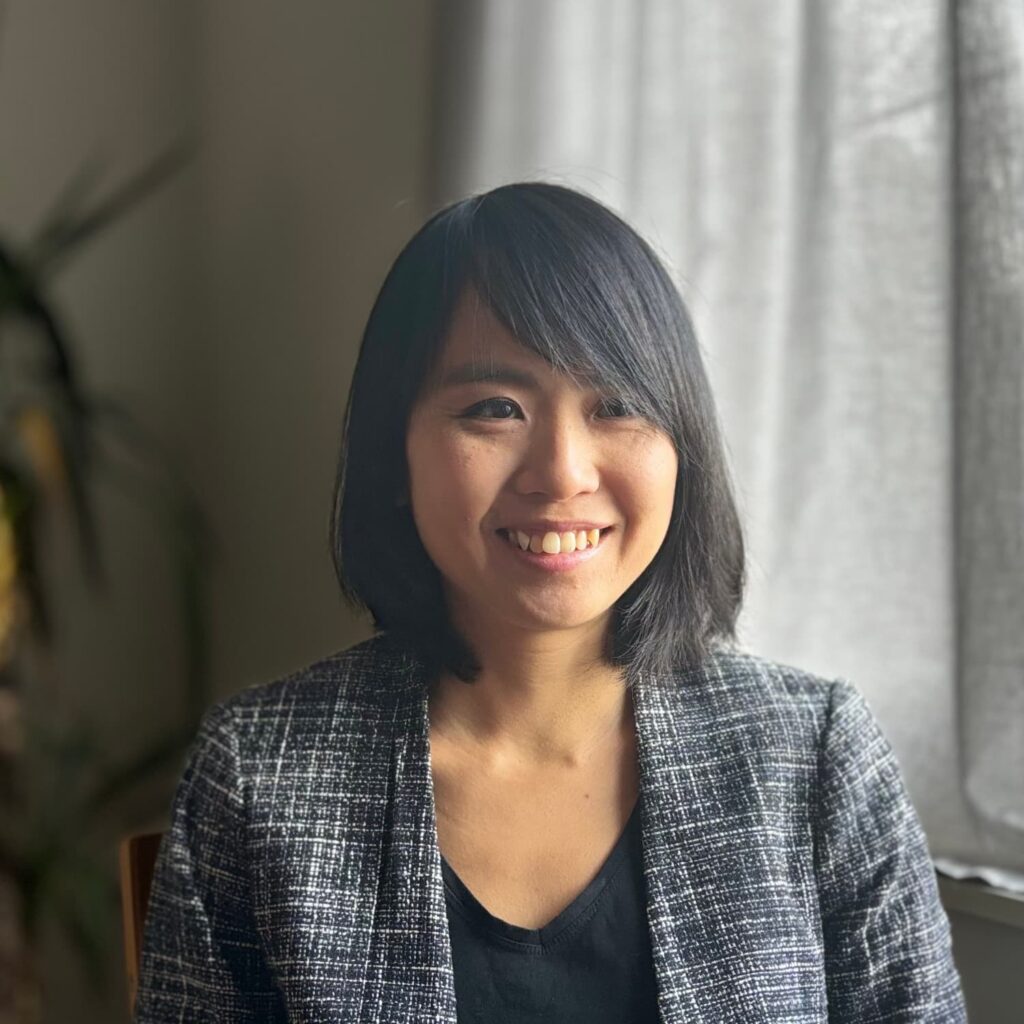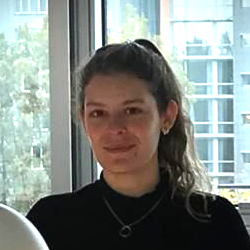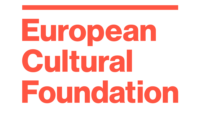About us

The Cultural Relations Platform is an EU-funded project that connects cultural practitioners worldwide for dialogue, exchange and co-operation. It also provides expertise to the European Union (EU) in the field of international cultural relations.
The Platform is implemented by the Goethe-Institut Brussels, in partnership with the European Cultural Foundation; the International Network for Contemporary Performing Arts and the University of Siena.
The Cultural Relations Platform:
- Develops research into the cultural and creative sectors in countries around the world
- Facilitates co-operation and networking between cultural practitioners within and outside the EU including cultural organisations, private foundations and the civil society sector
- Provides advice and expertise to EU institutions and EU delegations all over the world
- Strengthens the capacity of cultural practitioners globally to deliver international cultural relations, through local conferences, workshops and training, and its Global Cultural Relations Programme
By doing so, it builds awareness of the importance of international cultural relations, as a means of sharing knowledge, increasing understanding between different cultures and contributing to economic, human and social development as well as to peace and conflict mitigation.
Background
Over the last 10 years, the European Union has strongly reinforced its commitment to international cultural relations (ICR). On 8 June 2016, the EU High Representative and Vice-President Federica Mogherini and Commissioner for Education and Culture Tibor Navracsics put forward a proposal to develop an ‘EU Strategy for international cultural relations’. In the same year, our predecessor the Cultural Diplomacy Platform was launched by the Service for Foreign Policy Instruments of the European Commission in order to support the EU institutions in the implementation of this new strategy.
In May 2018, the European Commission adopted the New European Agenda for Culture and the European Council recognised international cultural relations as one of its five priorities in its Work Plan for culture for 2019-2022.
The Council took a further step in 2019 by adopting Conclusions on an EU strategic approach to international cultural relations and establishing a framework for action. It calls on EU Member States, the Commission, and the European External Action Service to strengthen coordination and strategic guidance on the best way to promote international cultural relations.
“The EU is strongly engaged in international cultural relations, with programmes supporting the cultural sector of its partner countries. It also fosters cultural cooperation, as it strongly contributes to inter-cultural dialogue, conflict prevention, reconciliation and resilience.”
Former EU Commissioner Mariya Gabriel and High Representative & Vice-President Josep Borrell on World Day for Cultural Diversity for Dialogue and Development – 21 May 2020

Team

Sana Ouchtati
Team Leader
As an independent cultural relations consultant, Sana Ouchtati is the Team Leader of the Cultural Relations Platform. She is also involved in and steering initiatives dedicated to external culture relations. She has two Master’s degrees, in EU policies and in International Relations & Business Administration. In 2001-2011, she worked at the European Institutions in Brussels, mainly on trade agreements. She has also been responsible for the cultural dimension of the EU external relations mainly with ACP-, Neighbourhood- and Emerging- Countries. She has a thorough knowledge of the cultural field, international relations as well as EU policies and instruments dedicated to external relations, culture and intercultural dialogue.

Rie Alkemade
Project Officer
Rie Alkemade joined the team as a Project Officer for the Cultural Relations Platform in May 2020. Her previous experiences have been in working across the broader creative and cultural sectors between Asia and Europe which has led to her keen interest in working on international cross-cultural and collaborative initiatives. She has worked primarily in managing global projects as well as focusing on cultivating sustainable, long-term partnerships and networks. In her prior experiences she has freelanced for large-scale art fairs and festivals as well as more small-scale local cultural operators and organizations looking at promoting and enhancing people-to-people cultural exchange and intercultural dialogue.

Caterina Fiaschi
Project Officer
Caterina Fiaschi joined the team as Project Officer for the Cultural Relations Platform in February 2022. Before that, she worked as project manager for different EU funded projects in the field of CCIs (Creative Europe, H2020, MedFilm, DG EAC) and developed her experience in the creative industries in the areas of theatre, music and cinema. Her interests lie in the crossing between culture, local development and urban policies. Caterina holds a bachelor’s degree in Arts Management and a master’s degree in Innovation and Organisation of Culture and the Arts, in which she graduated with a thesis on Creative Europe projects and partnerships.

Ziad Erraiss
Project Officer
Currently working as Project Officer for Global Cultural Relations and the Cultural Relations Platform, Ziad Erraiss has a Master’s Degree in EU Law from the Université de Bordeaux, and a BSc in European Economics and Politics from Sciences Po Bordeaux. To date, he also carried out assignments for the Cultural Relations Platform and Voices of Culture notably – spoke at various international conferences and colloquium and now enjoys a solid network.

Fu Lin Low
Communication Officer
Fulin Low joined the team as Communications Officer for the Cultural Relations Platform in March 2024, bringing her years of experience in communications, community building, and project management. Prior to Belgium, she worked in France, Japan and Singapore in public and private sectors. A keen storyteller passionate about the intersection of communications and community engagement, Fulin has designed and implemented communications strategies for organisations, delivered successful campaigns and produced content for different audiences. She looks forward to strengthening international cultural relations and fostering cultural cooperation.

Laura Sofía Arbeláez
Project Assistant
Laura Sofía Arbeláez is a Project Assistant at the Cultural Relations Platform. She has a double bachelor’s degree in Fine Arts and Art History from the University of Los Andes in Colombia. She also holds a Postgraduate Degree in Curatorial Studies from KASK School of Arts in Ghent and an MA in Arts, Culture, and Society from the Erasmus University of Rotterdam. Laura has more than 8 years of experience in coordinating and producing cultural projects mainly within the visual arts, both in Colombia and internationally in the public and private sectors. Her recent projects are centred on promoting artistic education and circulation, dealing with peace, memory, and armed conflict in South America.

Christina Kamperi
Project Assistant
Christina Kamperi joined the Cultural Relations Platform team as Project Assistant in June 2024. She has a bachelor’s degree in History from the University of Athens, as well as a master’s degree in European studies from KU Leuven. During her studies, she focused on the topics of diplomatic history and the European Union’s policies on culture and external relations. She has a special interest in cultural relations, EU affairs, and public diplomacy.
Consortium Members
The Goethe-Institut is the Platform’s consortium leader. It promotes the study of the German language abroad and encourages international cultural exchange, including through European projects.

The European Cultural Foundation promotes an European sentiment through developing and supporting cultural initiatives that let us share, experience and imagine Europe.

IETM – International network for contemporary performing arts is one of the oldest and largest cultural networks, which represents the voice of over 500 performing arts organisations and institutions, including theatres and arts centres, festivals, performing companies, curators and programmers, producers, art councils and associations from about 50 countries.

Università degli Studi di Siena (University of Siena) is one of the oldest universities in Europe with a well-established tradition of high-quality teaching and research. Two departments are particularly involved in training and research activities in the field of cultural relations, cultural diplomacy, and cultural heritage.
